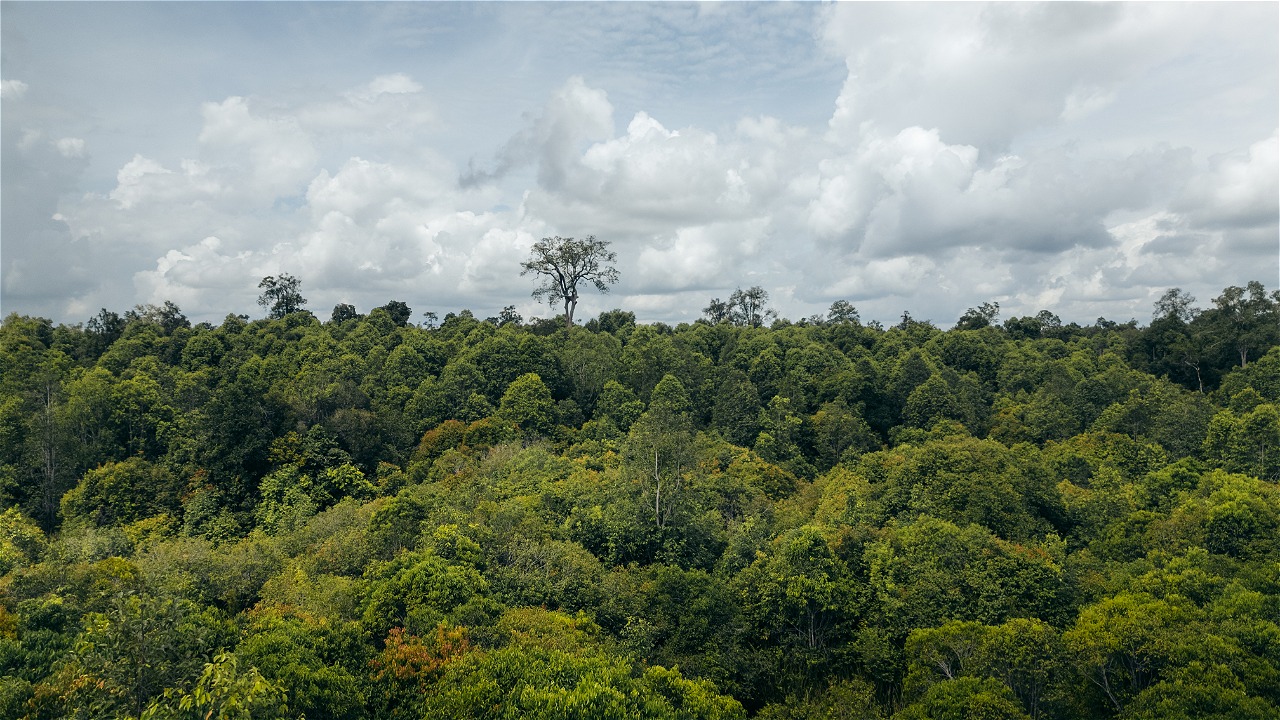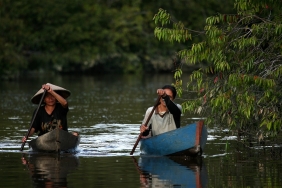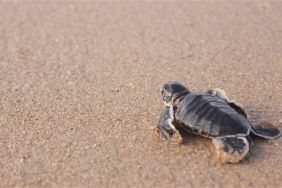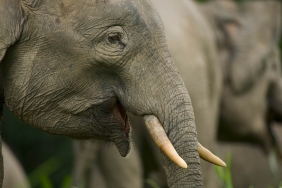9 MILLION US$ GEF FUND FOR HEART OF BORNEO
In early November 2012, the Board of the Global Environment Facility (GEF) approved US$9 million for the Sustainable Forest and Biodiversity Management Program in Borneo.
The program is designed to ensure sustainable management of forest resources and biodiversity in the Heart of Borneo (HoB) region of Indonesia by strengthening the capacity of the Indonesian government to develop sustainable livelihood opportunities for local communities and sustainable financing schemes.
WWF started supporting this program since 2009 with the HoB government and since then WWF is working with the Asian Development Bank (ADB), as the leading agency for GEF implementation.
This has been a team effort with the support of a very wide network for 3 years and is moving into an important program in order to transition the HoB to green economic development.
Of the total 9 million US$, 2.5 million US$ is from GEF and 4 US$ from ADB, 0.5 million US$ from the Indonesian government and the remaining 2 million US$ from WWF.
The project aims to improve the management of forest resources and biodiversity in 4 districts in the HoB region of Indonesia, namely Malinau and Nunukan in East Kalimantan, where Kayan Mentarang National Park is located; and Kapuas Hulu and Melawi in West Kalimantan, which are identified as sites for Environmental Services and REDD+ and pilot projects. The four districts will serve as models for other districts in the HoB region to encourage ecoregional approaches and scale up to the entire HoB region of Indonesia.
Specifically the project contributes to:
- Decrease in forest loss
- Reduction in poaching of wildlife and biodiversity, especially flagship species such as rhinos, orangutans and pygmy elephants.
This cooperation program includes four components:
- Strengthening policies and institutions for sustainable forest and biodiversity management.
- Management of land use, land conversion and forestry.
This component will establish model areas for demonstrating REDD+ strategies. A particular focus will be on engaging local communities, including indigenous peoples, increasing their inclusion and capacity in forest and biodiversity conservation activities. - Implementation of sustainable financing mechanisms.
- Building sustainable livelihood systems for indigenous peoples.
The project targets 1,898 households, 538 of which, or about 28% are located in 4 villages in Kayan Mentarang National Park.





